The Reunion opened in 1997 with some young people being carefree: a fact they obligingly signalled by zipping around the South of France helmetless on motorcycles while laughing a lot. Love appeared to be in the air as well – given that they consisted of two couples: the men in charge of driving (different times), the girls holding them tightly around the waist. But then matters took a darker turn as a voice-over intoned that ‘memory is a false friend’ and we sometimes ‘create our own truth’.
And with that, we cut to present-day London where, despite its taste for banalities, the voice-over turned out to belong to a respected author called Thomas Degalais – duly seen signing books for a queue of grateful fans. Until, that is, his kindly acceptance of their adoration was undermined by a young queuer giving him an invitation to a reunion at his old French lycée. For a start, she looked exactly like one of the girls on the back of those bikes 25 years before (not surprisingly seeing as she was played by the same actress). She’d also scrawled on the back of the invitation, ‘What did you do to her?’ Clearly thrown, Thomas (Ioan Gruffudd) rang a French bloke who unavailingly begged him not to attend – especially as the lycée’s gym was being demolished and ‘if they dig in that basement our lives are over’.
If this all sounds rather confusing, that’s because it was. Several blurry flashbacks later, however, we had some vague idea of what was going on. Certainly, amid the traditional scenes of student horseplay – and, this being France, of philosophical debates about ‘alienation’ – the identity of the carefree couples was gradually established. Max, the French bloke, had been sharing a saddle with an ex, or possibly current, girlfriend of Thomas’s; Thomas himself with his new love Vinca, accurately described as ‘serious, sensual but with a crazy streak’ (i.e. a bit annoying).
We also learned that when she found herself pregnant, Vinca said she’d been raped by her tutor – and, somewhat improbably, that on hearing the news, Thomas and Max had instantly murdered the man and buried his body in the gym basement. They then returned to Vinca’s room to find she’d vanished.
And, after Friday’s two episodes, that’s pretty much where we still are. Such further information as we’ve received has been given to us with a pipette-like care that feels a little out of place in an otherwise weirdly clumsy show where much of the mysteriousness seems inadvertent.
There is, for example, the fact that Thomas’s mother is played by Dervla Kirwan, who’s less than two years older than Gruffudd. Nor has there been any explanation of why, even though everybody connected with the lycée is obsessed with Vinca, none of them has ever taken that obsession as far as trying to discover where she went. No wonder that poor old Gruffudd is, like the rest of us, left rather hanging about, unsure how to occupy his time while waiting for the next droplet of information.
Meanwhile, the fashion for fly-on-the-wall documentaries about sports teams continues with Mission to Burnley, a new four-parter about one of the more unusual collaborations in recent football.
In 2020, you see, the venerable northern industrial club was bought by a US company whose owners are Mormons. On Thursday we joined the story towards the end of the 2021/22 season shortly after those owners had sacked the Premier League’s longest-serving manager, Sean Dyche, as relegation threatened. Then, having appointed an interim gaffer, Burnley were relegated anyway, leading to an outbreak of social-media fury from fans where the clinching insult was ‘Americans’.
The programme brought us the hunt for a new manager in which several people were approached – although all their names were bleeped out except for Vincent Kompany’s, which meant that, even for the non-football follower, it wasn’t a huge surprise when Kompany was appointed.
The first episode contained some useful stuff about the dire financial implications of leaving the Premier League. We were also touchingly reminded of how much every team, however unglamorous, means to their supporters. (Anne Tyler once wrote that all families imagine themselves to be special – and the same definitely applies to football clubs.)
And yet, for anybody unaccountably not devoted to Burnley FC, the result feels so far like a missed opportunity. Most obviously, it steers clear of the potentially fascinating cultural clash between Mormonism and the average football fan, whose chants, for instance, rarely radiate the love of the risen Christ. Instead, we mostly get such familiar scenes as dressing-room chats, and crowds reacting to triumph and disaster without necessarily treating those two imposters just the same.
As standard footie documentaries go, Mission to Burnley is perfectly fine. Surely, though, it should have been a lot more interesting than that.
Got something to add? Join the discussion and comment below.
Get 10 issues for just $10
Subscribe to The Spectator Australia today for the next 10 magazine issues, plus full online access, for just $10.
You might disagree with half of it, but you’ll enjoy reading all of it. Try your first month for free, then just $2 a week for the remainder of your first year.


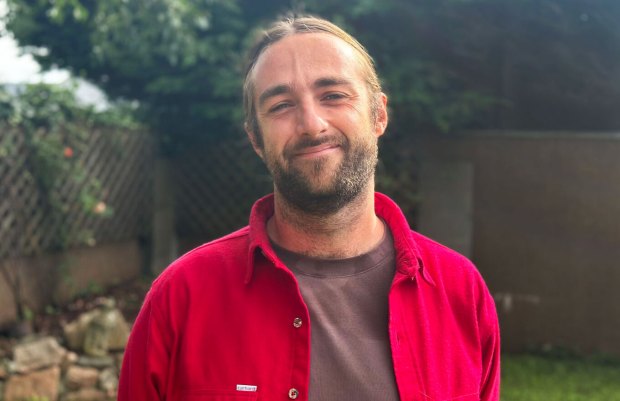
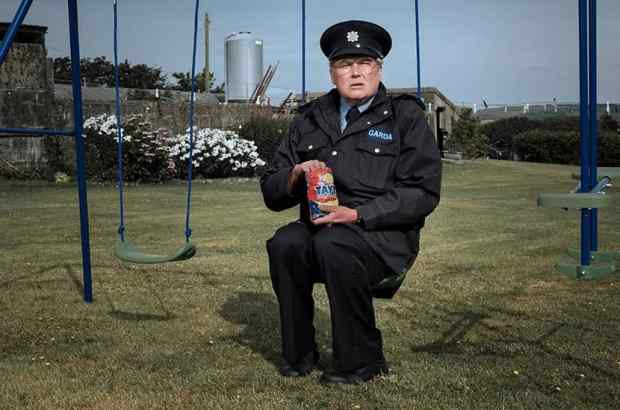
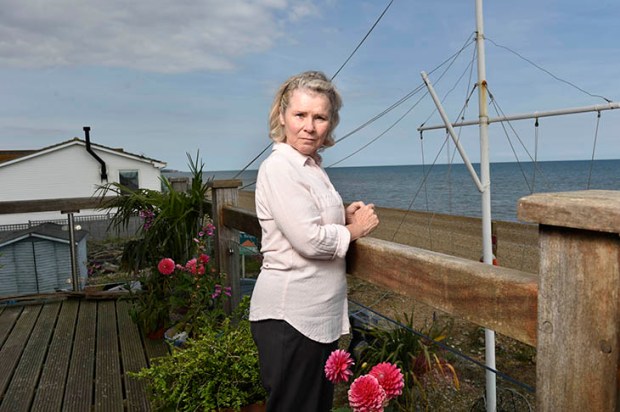

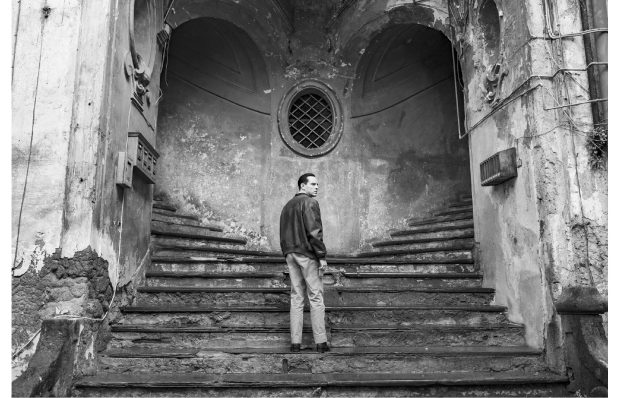
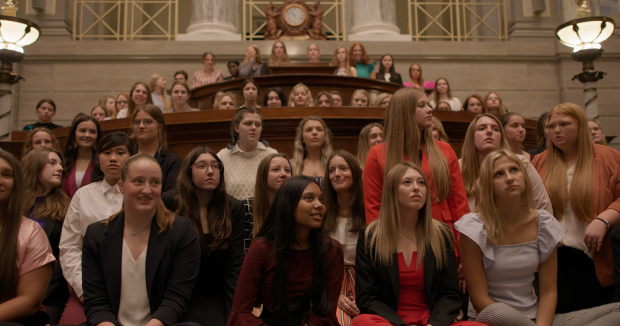






Comments
Don't miss out
Join the conversation with other Spectator Australia readers. Subscribe to leave a comment.
SUBSCRIBEAlready a subscriber? Log in